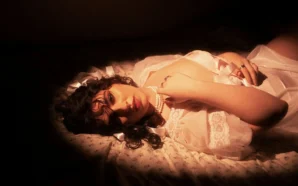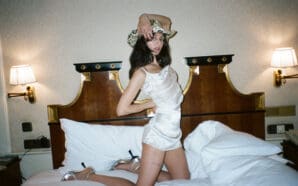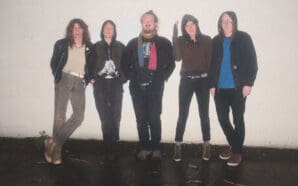This Wednesday, October 2nd, brilliantly postmodern singer/songwriter Angel Olsen will be stopping in Philadelphia for an appearance at Johnny Brenda’s. Yet, I suspect, immediate support, Pillars & Tongues, will prove to be an equally interesting entity of the evening. The Chicago-born, yet-recently-prone-to-wandering, outfit have spent recent years producing organically epic musical works that could serve as a soundtrack both the most profound and quirky (not that the two are mutually exclusive) aspects of the human experience. Their latest LP, ‘End-dances,’ was released last month on Empty Cellar Records, and while it rings of sensibilities of the most poignant kind of pop, it plays more like a folk art symphony, telling a tale over the course of eight songs that is best experienced as a single work. It blends classically high and classically low art in a seamless manner whose appeal can’t be denied by either those who appreciate the leisure of the elite or the leisure of the most pure and humble. In addition, they don’t seem to be afraid to blend traditional methods of construction with the most contemporary electronic methods. Pillars & Tongues are admirably brave, but it pays off to quite a significant degree. I would highly recommend checking out ‘End-dances,’ but I suspect their live show will be even more intriguing. I recently got a chance to chat with Pillars & Tongues’ Mark Trecka about their latest (and upcoming) work and why you should check out their Philadelphia show this Wednesday.
Izzy Cihak: You recently released your ‘End-dances’ LP. How do you feel like the album compares to previous releases, both in sound and the process of writing and recording it?
Mark Trecka: By a significant margin. ‘End-dances’ took the longest of any record I have ever participated in making. I am not implying that there is some direct or inherent correlation between amount of time spent on a work and it’s quality, nor do I mean to communicate that the length of the process was even really something we thought much about. But by the time the record was released, some of the songs on it were several years old. It’s remarkable that I can still feel some of these songs. My emotional metabolism must be slowing down.
IC: Do you have a favorite album track, or one which you feel like best represents where your sound is going in the future? My favorite track has been changing daily, but I’m currently between “Medora” and “Travel,” although I also quite like “Ships,” which would seem to wrap up the album very concisely.
MT: Thank you for saying that. I’m not really sure it serves me to talk about favorite tracks, and I don’t think I could say if any point at the future. “Travel” certainly feels like it is attempting to divine something. “Medora” has a certain weight to it, for sure. With “Bell + Rein,” I attempted something specific in working off of Leonard Cohen’s “Take This Longing,” and it was to some extent successful. But then again, nothing really changed. Or rather, things changed, but they weren’t necessarily by force of my success at casting myself as the lead in someone else’s trip. But the last thing I need in my life is a bunch of my own songs determining my future, anyway.
IC: I generally ask artists about their biggest non-musical influences, but you seem to wear all of your influences, musical and non-musical, on your sleeve, so I’m inclined to ask if you have any influences or significant likes that might surprise people (again, musical or otherwise)?
MT: I’m interested to know what you mean by that. What influences do we wear on our sleeve? Right now I am spending a lot of time with yerba maté, thinking a lot about violent behavior, Louis C.K., feminism, yucca, dogs, etc.
IC: Well, I think that your work rings clearly of both the 20th century’s most prolific songwriters and also of the 1970s’ and 1980s’ most ballsy and experimental “pop music.” But I also think that your full-lengths, in their cohesiveness, have a clear resemblance to works far more extensive than how we generally consider most contemporary pop music. I think your longer works often resemble a cinematic score or the soundtrack to a performance art piece. Each song sounds like a mere chapter or movement in the telling of a greater whole, something which isn’t terribly common or successfully realized among musicians in 2013, aside from the most heady and avant-garde.
You’re currently on tour with Angel Olsen. How has it been going so far? Any highlights or thoughts about Angel you’d like to share?
MT: Angel is my favorite living singer and has been for quite a while.
IC: What can be expected of the live experience when you play Philadelphia?
MT: Hopefully we are able to keep our shitty little fingers on the reins.
IC: What are your plans for 2014? Can we expect more touring, or more new music?
MT: With as much certainty as anyone can talk about the days to come, I would say you can certainly expect both. Ben (Babbitt) continues to be kept busy doing fantastic work scoring this video game, ‘Kentucky Route Zero’, and we are continuing to keep busy together. A new record and more touring, yes.








